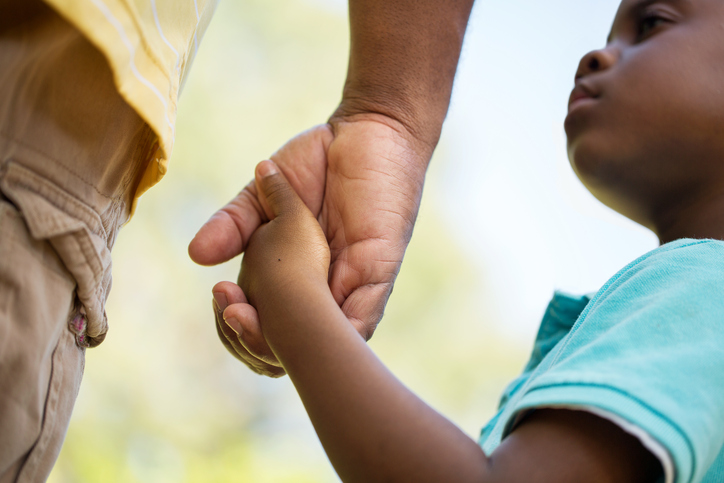 Since the onset of the HIV/AIDS epidemic in the early 1980s, close to 15,000 children have been infected with HIV, and approximately 3,000 children have died in the United States from it. Nearly 95 percent of the children younger than the age of 15 acquired the virus from their mothers – either prior to birth, during birth or while breastfeeding.
Since the onset of the HIV/AIDS epidemic in the early 1980s, close to 15,000 children have been infected with HIV, and approximately 3,000 children have died in the United States from it. Nearly 95 percent of the children younger than the age of 15 acquired the virus from their mothers – either prior to birth, during birth or while breastfeeding.
Fortunately, due to medical advances, the number of children acquiring HIV/AIDS has significantly decreased. In 1995, 483 African-American children were diagnosed with AIDS, and by 2013, there were less than 100 cases.
Although the rates are trending downward, Dr. Bande Virgil, a pediatrician in Columbus, Georgia says the United States could be doing better.
“We are making some headway as far as HIV/AIDS transmission from mother to child on an international level, but our country is falling behind other developed nations when it comes to this regard – even in 2017.”
Despite the improvements, an HIV/AIDS diagnosis for a child can still cause stigmatization within many social domains. Miseducation and fear within families and other support systems can cause children to keep their status to themselves.
Over time, such isolation can cause a child to behave erratically and distance themselves from others. More than half of children infected during pregnancy have some form of psychiatric disorder, including ADHD and anxiety disorders. Children may not only have psychiatric difficulties, but may also have difficulty adjusting to the school setting.
“If the child experiences significant complications and missed days of school, this can make learning at an appropriate pace very difficult,” explains Virgil. “It may be hard for these children to bond with their classmates due to absences.”
Fear of stigma may also prevent parents from seeking help or obtaining other forms of academic assistance for their child.
In some cases, the child is not even aware that he or she has HIV. A recent study illustrated that only 7 out of 50 children were informed about their own HIV status. In some instances, parents delay disclosing their child’s HIV/AIDS status due to...
...the fact that they will have to face how their own behaviors led to their child’s status.
HIV, or Human Immunodeficiency Virus, is a virus which can cause AIDS once it becomes more advanced. A person may be diagnosed with HIV, but not yet have AIDS. AIDS, or Acquired Immune Deficiency Syndrome, is a set of symptoms that develop after HIV has destroyed the immune system. Some individuals do not develop AIDS for years.
Individuals who have HIV can pass it to others through blood, seminal or vaginal fluid, especially when those fluids come into contact with broken skin. For a pregnant woman, certain factors can increase the likelihood of her child contracting HIV/AIDS from the mom. This includes smoking, malnutrition, breastfeeding and other sexually-transmitted infections.
It is recommended that all women who are pregnant or have intentions of becoming pregnant be tested for HIV. Women who have not been tested during pregnancy can be screened during labor and delivery. In most instances, HIV will not cross the placental barrier. If the mother has not received treatment, close to 25 percent of children will be infected by the virus. With treatment, the percentage is decreased to less than 2 percent.
Of the 1,955 children in the United States living with HIV transmitted from their mother, more than half are African-American.
“We need to continue to educate communities and youth,” says Virgil. “Not just about HIV and transmission, but the importance of continually seeking healthcare.”
“I had an HIV-positive mother ask me if she could breastfeed her baby,” Virgil continues. “I was shocked to hear that question since the data on the high risk of HIV transmission through breast milk to the baby is clear and quite old.”
Steps are, however, being taken to change the narrative. The CDC has partnered with the American College of Obstetricians and Gynecologists to create a model to help local health systems figure out missed prevention and treatment opportunities for pregnant woman living with HIV. The CDC has also funded HIV prevention programs for many health departments to assist with promotion of HIV testing.
Aldwin Soumare is a second-year medical student at the Georgia Campus of the Philadelphia College of Osteopathic Medicine.








